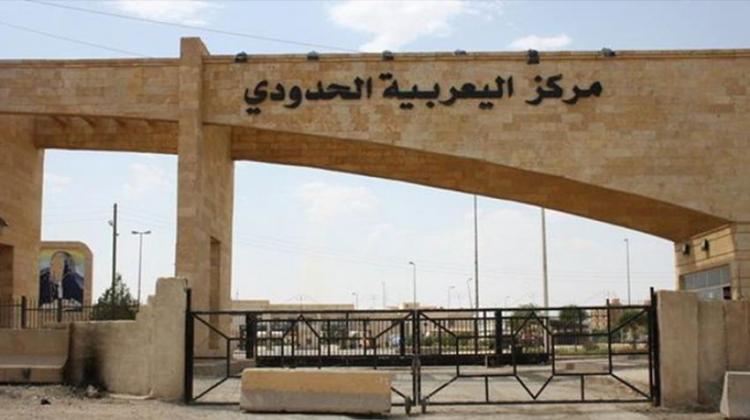Top Kurdish official: Politicizing humanitarian aid in Syria, excluding Kurdish regions will create catastrophe
QAMISHLI, Syria (North Press) – Badran Jia Kurd, deputy co-chair of the Autonomous Administration in North and East Syria, said that the humanitarian issue in Syria is heading towards more complication and politicization, and that the systematic exclusion of northeastern Syria from humanitarian support programs will lead to a humanitarian disaster amid the outbreak of coronavirus.
Badran said in a statement to North Press that “the Security Council refused to pass two resolutions on extending the mechanism of delivering aid to Syria – one of them was the German-Belgian Joint Resolution, and the other is a Russian draft resolution.”
Jia Kurd said that "the parties that presented the draft resolution, as well as those who used the right of veto, are not innocent, and are biased to political agendas. They are not wedded to international decisions and conventions related to the need for humanitarian aid to reach all conflict areas without discrimination.”
Russia and China vetoed a United Nations Security Council (UNSC) resolution drafted by Germany and Belgium to extend aid deliveries from Turkey to areas controlled by the Turkish-backed armed opposition groups, without reference to the Syrian government, on Tuesday.
The Kurdish official said that “the German-Belgian draft resolution that did not include Yaarubiyah )Tel Kochar) crossing on the Iraqi-Syrian border…this was an attempt to enable Turkey to control the humanitarian case and aid…this was a double standard and not consistent with international standards, especially with Resolution 2165, which stipulated opening additional crossings to deliver aid."
The six-year-long UN approval of aid deliveries to Syria from Turkey, through Bab al-Hawa and Bab al-Salam crossings on the Syrian-Turkish border, is authorized until Friday.
"The Russian and Chinese refuse to break the economic isolation of Damascus amid the Caesar Act, and to acquire the territories that aren’t under the Syrian forces’ control, such as the areas of the Autonomous Administration and other areas, for the Syrian regime as much as possible,” Jia Kurd added.
"The Russian proposal, which was presented as an alternative to open one crossing in the areas of Turkish control and to the exclusion of the Autonomous Administration areas, is a highly politicized matter, tightening the economic blockade on the areas of Autonomous Administration and imposing the policies of Damascus in the humanitarian case," he said.
The proposed Russian draft resolution for the Security Council – extending the transfer of current aid for half a year while limiting the number of crossings to the Turkish-controlled Bab al-Hawa crossing only – was also refused on Wednesday, just hours after Russia and China used their veto to reject the draft of the German-Belgian Joint Resolution.
Russia and China say that authorizing the delivery of aid across the border violates Syrian sovereignty and that aid can pass through the Syrian authorities when they retake the country.
He pointed out that “the systematic exclusion of the areas of Autonomous Administration from the Humanitarian Aid Program led to a humanitarian catastrophe amid the outbreak of the coronavirus epidemic. Weak capabilities, the economic blockade and the sanctions imposed on Syria by the U.S. and Europe will exacerbate the crisis."
Badran called for the necessity of removing the humanitarian issue completely from the list of political conflicts and called on all parties concerned with Syria to provide facilities for humanitarian aid deliveries to Syria, without using it as blackmail in the hands of any party.
The Security Council session on the mandate to use the crossings to transfer aid to Syria did not address the Tel Kochar crossing with Iraq, which was previously used to deliver aid to the Autonomous Administration.
On Friday, the Security Council is expected to vote on a new German-Belgian draft resolution, which includes reducing the extension period to six months while keeping the crossings through Turkey, in the hope that Russia will approve it, according to what the media reported.
Tuesday's vote was the 15th time that Russia used its veto since the start of the Syrian war in 2011.
In January, the UNSC allowed cross-border aid to continue from two Turkish crossings for six months, but dropped crossing points from Iraq and Jordan due to opposition by Russia and China.
(Reporting by Abdulhalim Suleiman, editing by Lucas Chapman)

